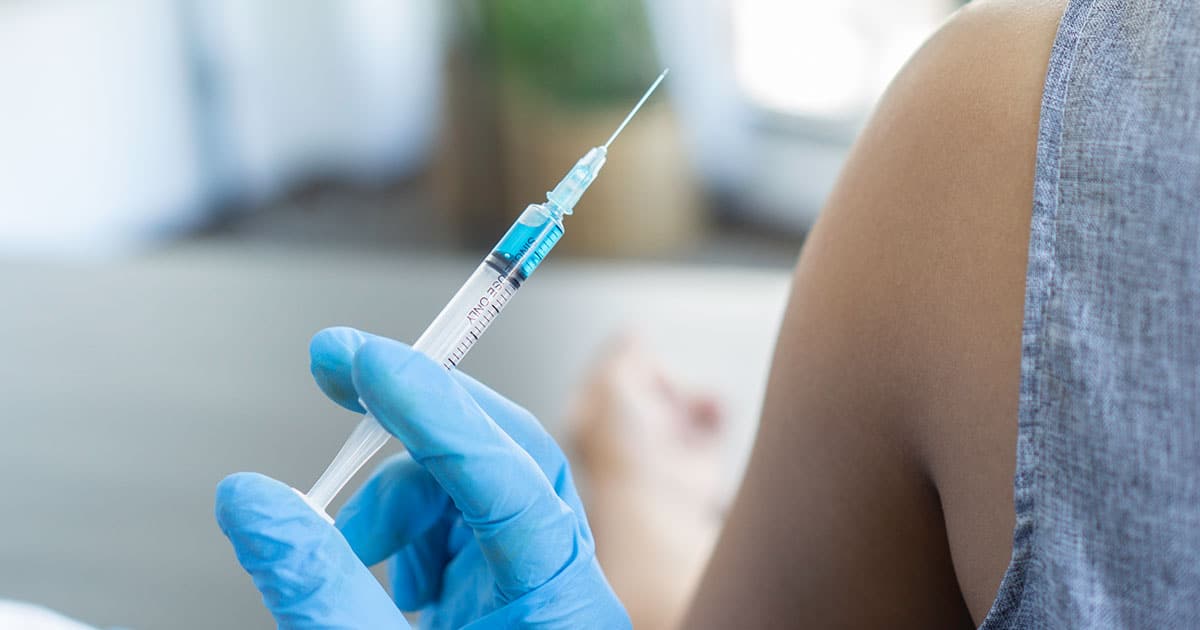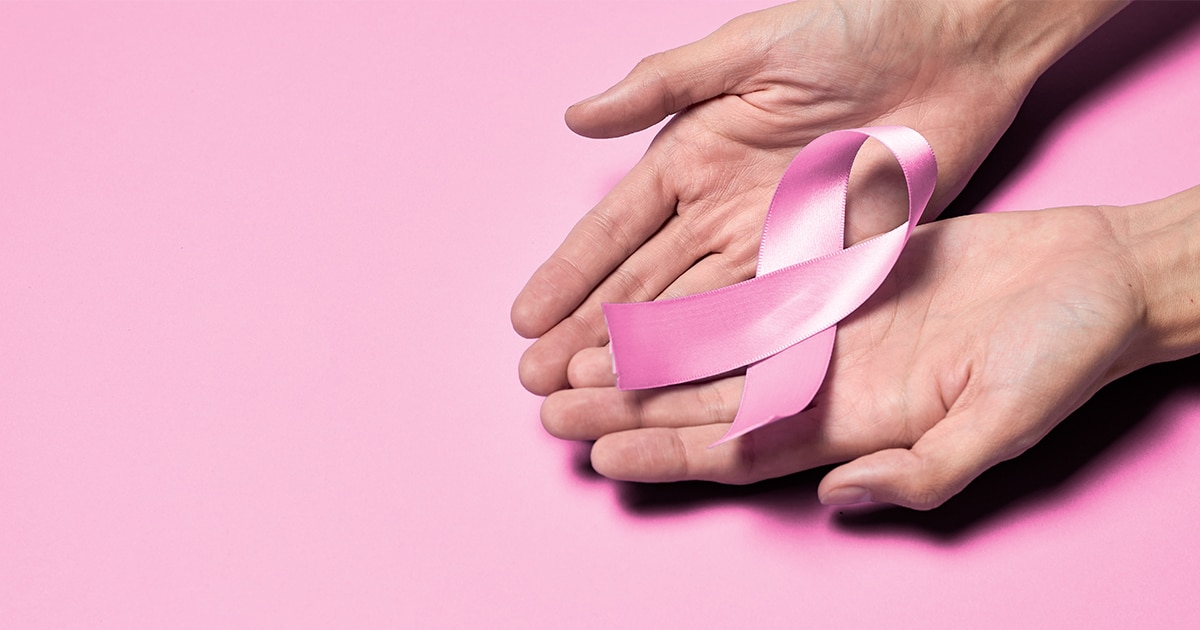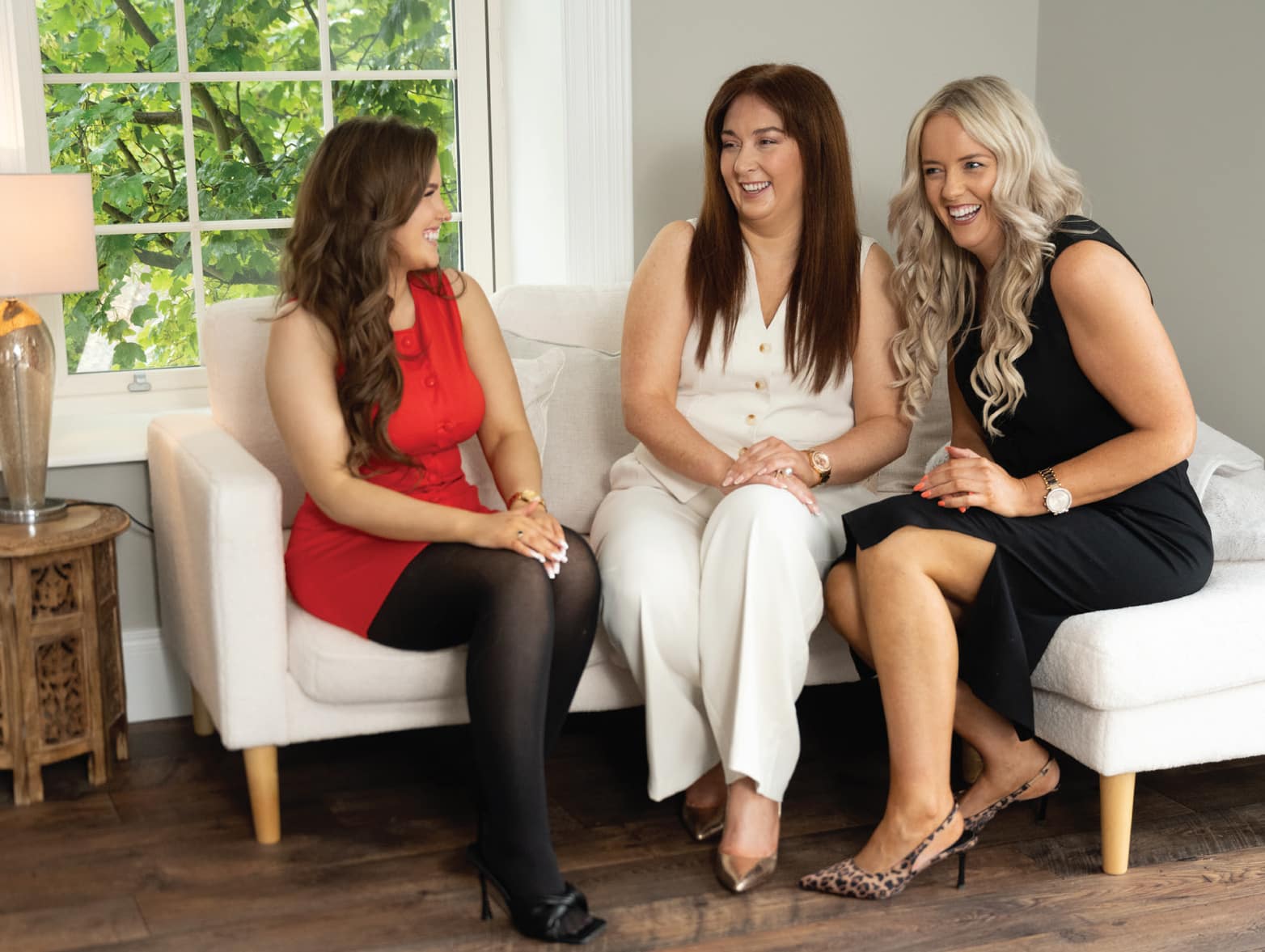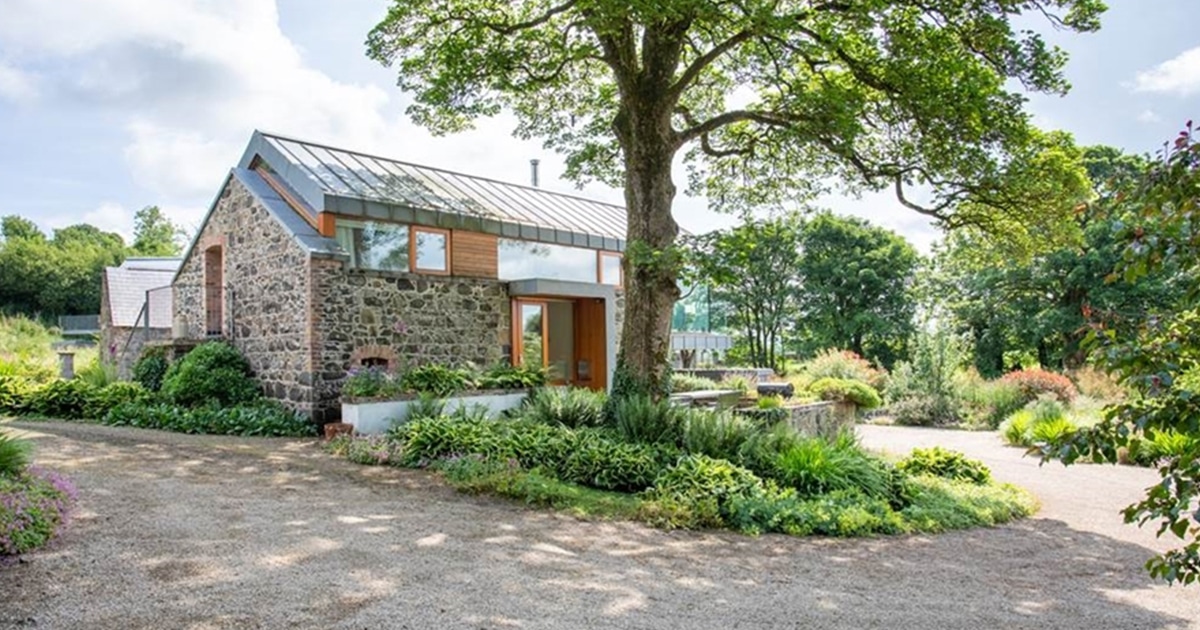What you need to know about the HPV vaccine

Teenagers in Northern Ireland are to be offered a single shot of HPV vaccine instead of two.
Currently, the HPV vaccine – which helps protect against a number of cancers – is delivered in two stages.
Girls and boys aged 12 to 13-years-old are routinely offered the first HPV vaccination when they are in Year 8.
The second dose is normally offered six to 24 months after the first dose.
However, from September, the HPV vaccine will be offered a single dose in line with latest evidence and recommendations already in place in Scotland.
The HPV vaccine reduces the risk of developing cancers caused by HPV, the name given to a very common group of viruses, including cervical cancer, some mouth and throat cancer and some of the anal and genital areas.
It also helps to protect against genital warts.
HPV is a common virus usually spread through intimate sexual contact.
It is very contagious, spread by close skin-to-skin contact, however, infections do not normally cause any symptoms.
According to the NHS, the HPV vaccine works best if boys and girls get it before they come into contact with HPV – in other words, before they become sexually active.
As a result, getting the vaccine when recommended will help protect them during their teenage years and beyond.
The NHS website states: “Most unvaccinated people will be infected with some type of HPV at some time in their life.
“The virus does not usually do any harm because the person’s immune system clears the infection.
“But sometimes the infection stays in the body for many years and then it may start to cause damage.”
However, it is important to remember the HPV vaccine does not protect against all types of HPV that can cause cervical cancer.
As a result, it is important that all women also have regular cervical screening once they reach the age of 25.










